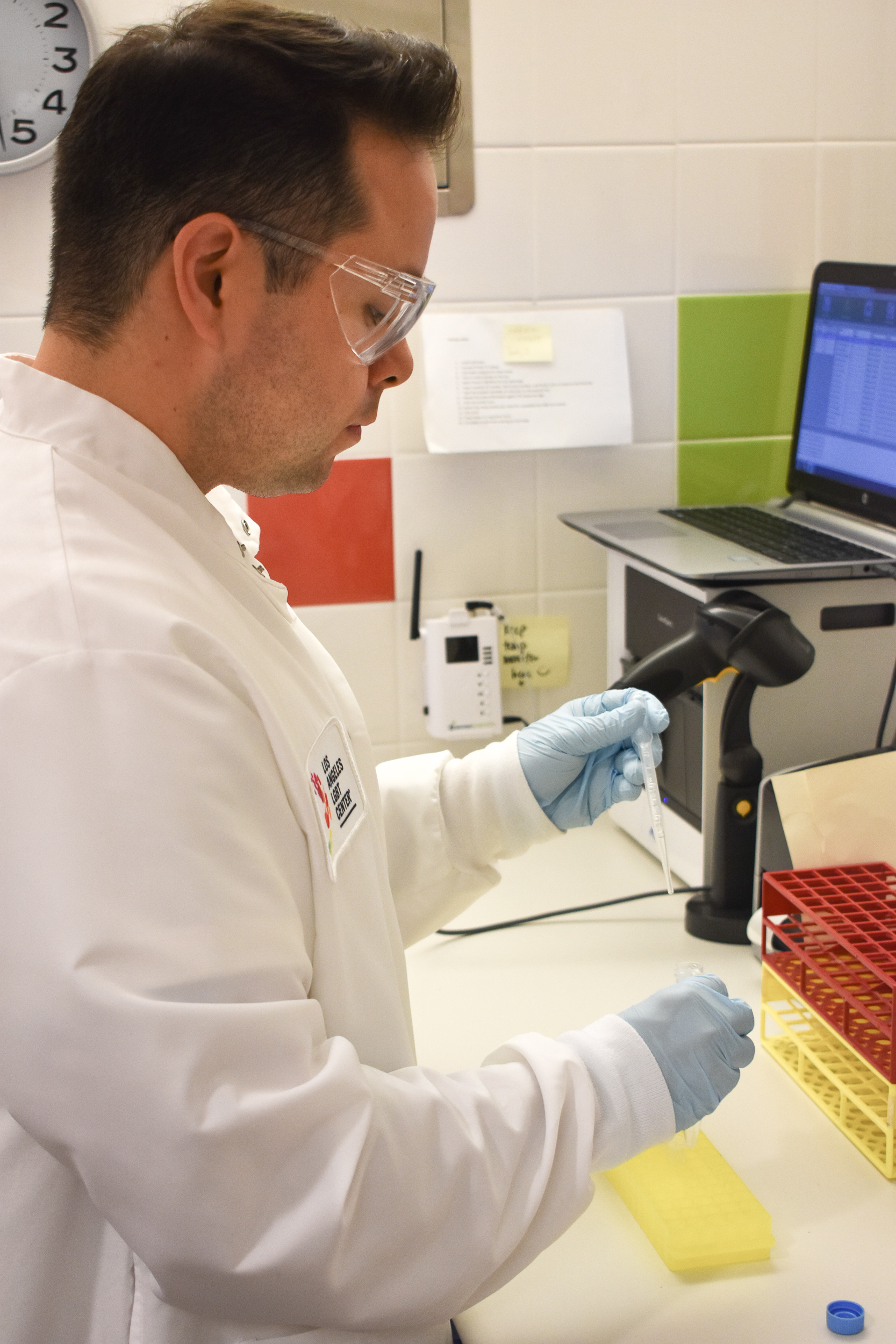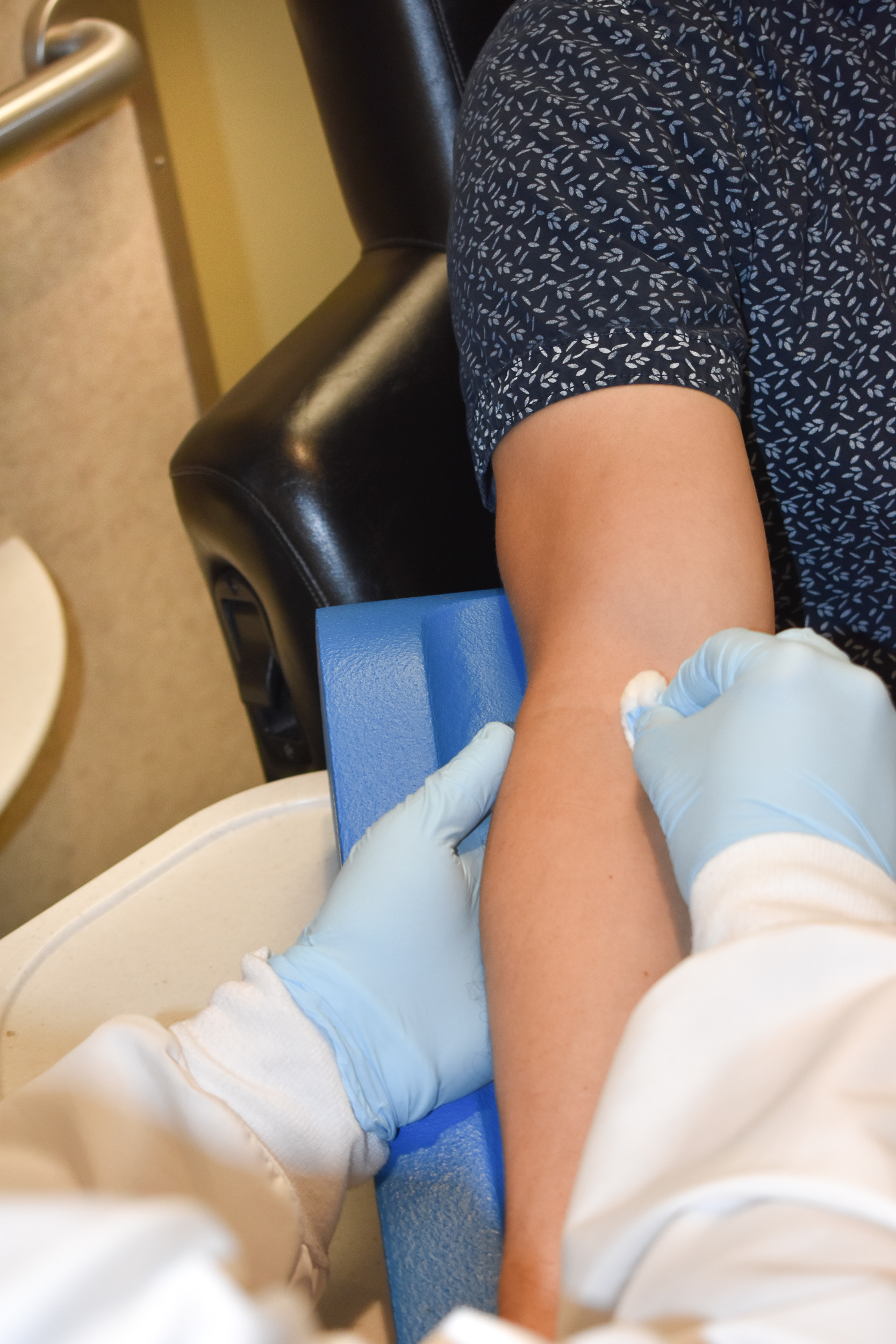FREQUENTLY ASKED QUESTIONS
What is the mSTUDY?
The mSTUDY is a research study sponsored by the U.S. National Institute on Drug Abuse (NIDA) that is conducted at two sites in the United States, The Los Angeles LGBT Center and the UCLA Vine Street Clinic.
Why is this study being done?
The main purpose of this study is to find out how drug use affects the immune system and if it alters the risk of acquiring HIV and the viral load of those already infected, specifically in Black/African American and Latino men who have sex with men (MSM).
Who could participate?
mSTUDY is no longer enrolling new participants. Those enrolled are between 18 and 45 years old, assigned male at birth, and identify as someone who has sex with men.
The study enrolled people with any HIV status (positive, negative, or unknown) and any substance use history (current, previous, or none).
How many people are in the mSTUDY cohort?
Over 600 participants have enrolled at the Los Angeles LGBT Center and the UCLA Vine Street Clinic over the 10+ years of the study.
What is the value mSTUDY research?
HIV infections are increasing worldwide (6,000 new infections daily), with 63% of all HIV/AIDS cases in the U.S. attributed to gay and bisexual men who have sex with men (MSM). Among gay and bisexual men, young African American MSM accounted for the highest number of new HIV infections in 2010 (10,600), while Hispanic/Latino MSM accounted for 79% (6,700) of the estimated new infections among Hispanic/Latino men in 2010. Given that young, non-white MSM are at greatest risk of HIV infection in the U.S., this study will help us understand the impact of drug use on the HIV epidemic over time and its effects on HIV transmission, progression and adherence to medications among MSM of color. (Source: CDC)
What does substance use have to do with HIV?
Substance use, abuse, and dependence has been closely associated with HIV infection since the beginning of the epidemic. Although injection drug use is a direct route of transmission, drinking, smoking, ingesting, or inhaling drugs such as alcohol, crack cocaine, methamphetamine (“meth”), and amyl nitrite (“poppers”) are also associated with increased risk for HIV infection. These substances may increase HIV risk by reducing users’ inhibitions to engage in risky sexual behavior. Substance use and addiction are public health concerns not only because it increases the risk of becoming infected with HIV, but it can also affect people’s overall health, make them more vulnerable to HIV infection and, in those already infected with HIV, can advance disease progression and negatively affect how reliably people take their medications. (Source: CDC)
What does participation entail?
We regularly (ever 6 months) assess particpants sexual behavior and social networks through computer questionnaires, as well as obtain various biological samples (blood, urine, saliva, etc.), which we test for sexually transmitted infections (STIs) and substances.
How long is each study visit?
After the screening visit, participants return for a study visit approximately every 6 months for a follow-up study visit that takes about 1-2 hours.
Are participants paid?
Yes! Participants are paid for their time and effort for study visits.
Are there any other benefits from participation?
Participants or others may benefit in the future from information learned in this study. They may also get some personal satisfaction from being a part of the research as well as information about their health status that may be important to their long-term wellness. If they are diagnosed with HIV or another STI, study staff can also provide referrals so they may seek care and treatment.
Although we are no longer enrolling new participants, you can reach our study sites below for other possible research opportunities:
IF YOU ARE HIV+, PLEASE CONTACT:
Los Angeles LGBT Center
Phone: 323.993.8949 or 323.993.8912
Email: mstudy@lalgbtcenter.org
IF YOU ARE HIV- OR UNKNOWN, PLEASE CONTACT:
UCLA Vine Street Clinic
Phone: 323.461.3106
Email: uclavsc@mednet.ucla.edu

